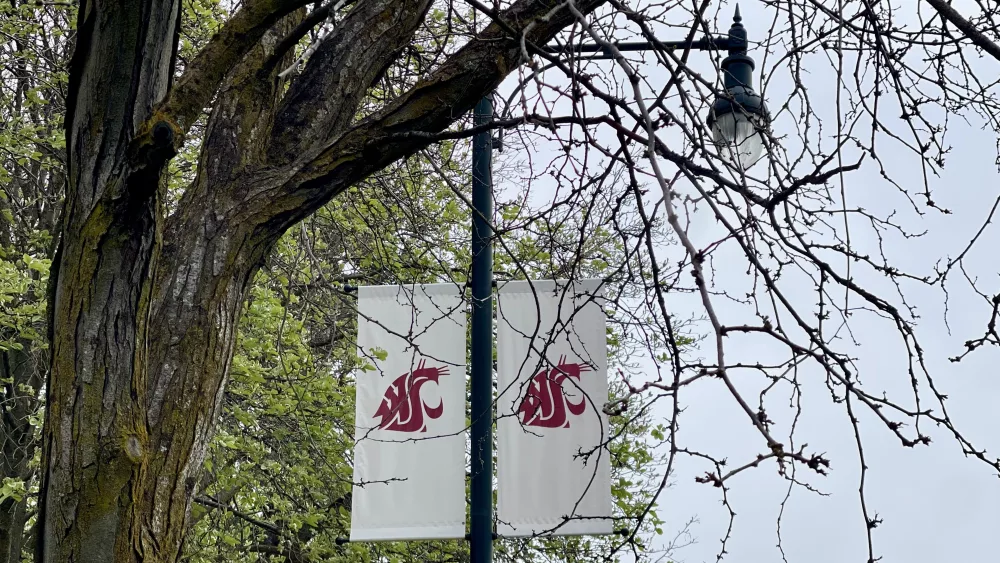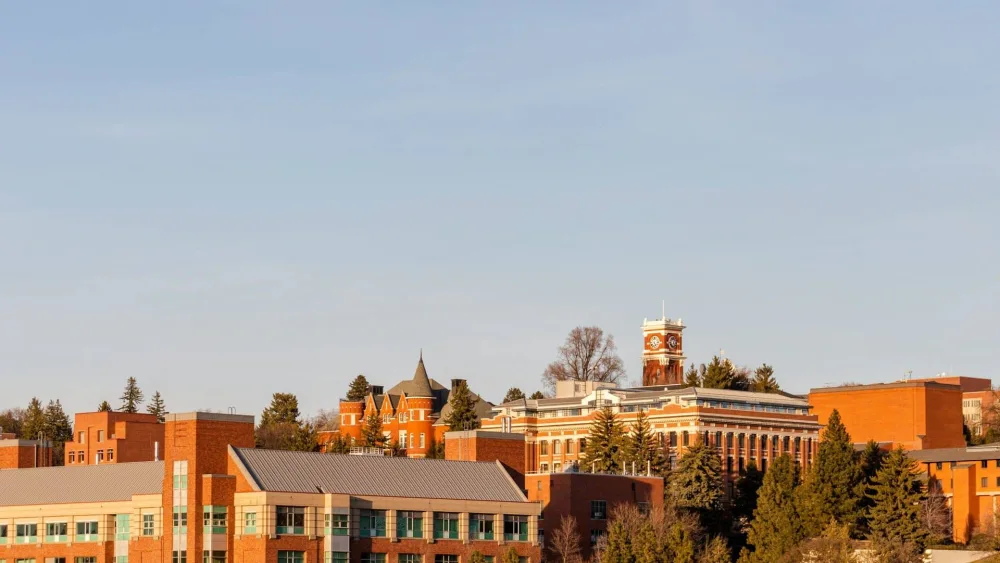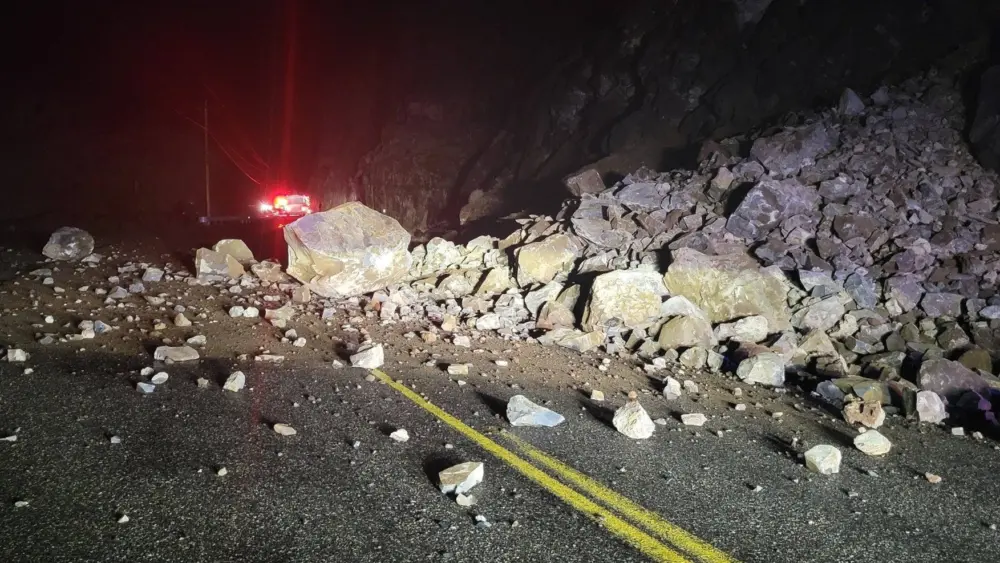
He will receive the national recognition at the Council of University Transportation Centers’ winter meeting in January in Washington DC.

Li’s research has focused on the upcycling of fly ash, a byproduct of coal combustion, as a sustainable substitute for traditional cement.
Production of concrete, which is made by combining cement with sand and gravel, contributes about 8% of greenhouse gas emissions worldwide because the cement production process needs very high temperatures and a tremendous amount of energy.
Fly ash, meanwhile, has become a significant waste management issue in the United States. More than 50% of fly ash ends up in landfills, where it can easily leach into the nearby environment. Its chemical composition resembles cement, so it could be used as a substitute to reduce carbon emissions associated with the cement industry.
“By adopting this nanotechnology-enhanced geopolymer as a replacement for traditional cement, we make a substantial contribution to the reduction of carbon emissions in the construction industry,” Li said. “This represents a crucial step towards promoting sustainable development.”
Li received his PhD in 2023 and is continuing his research on sustainable concrete substitutes for developing carbon-neutral/negative concrete infrastructure.




